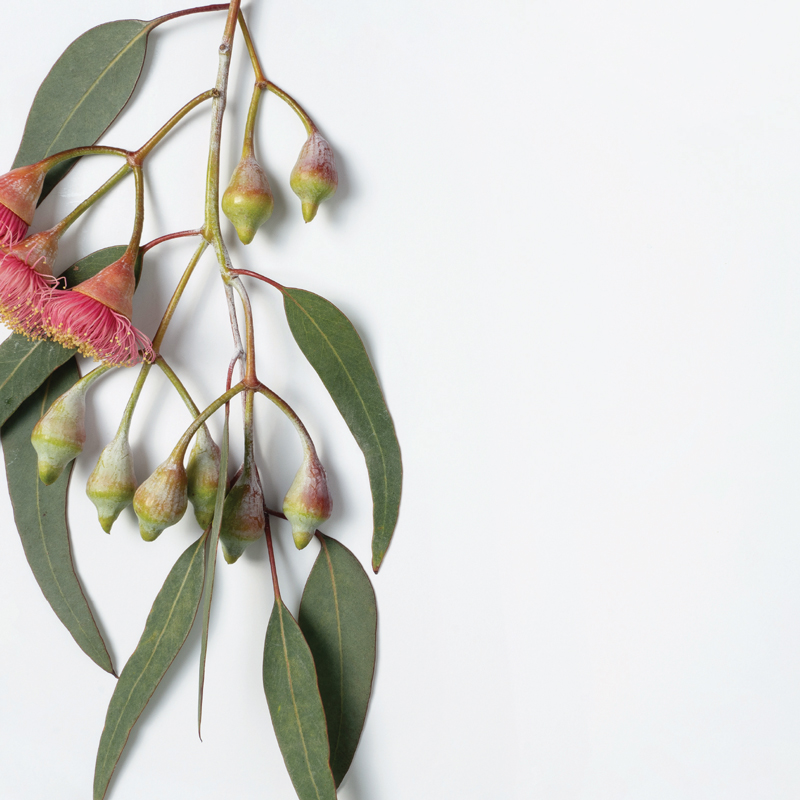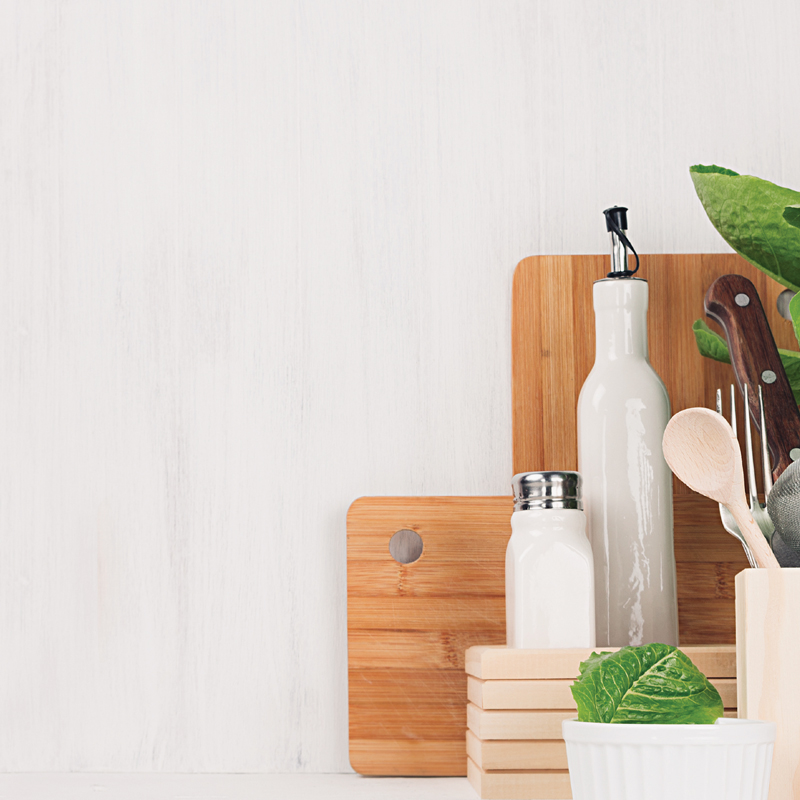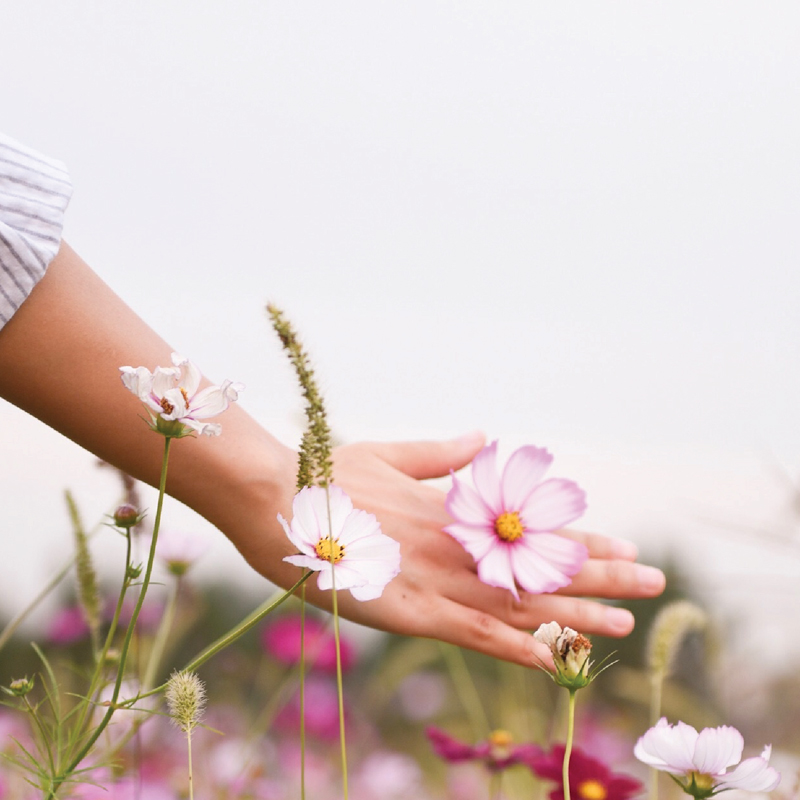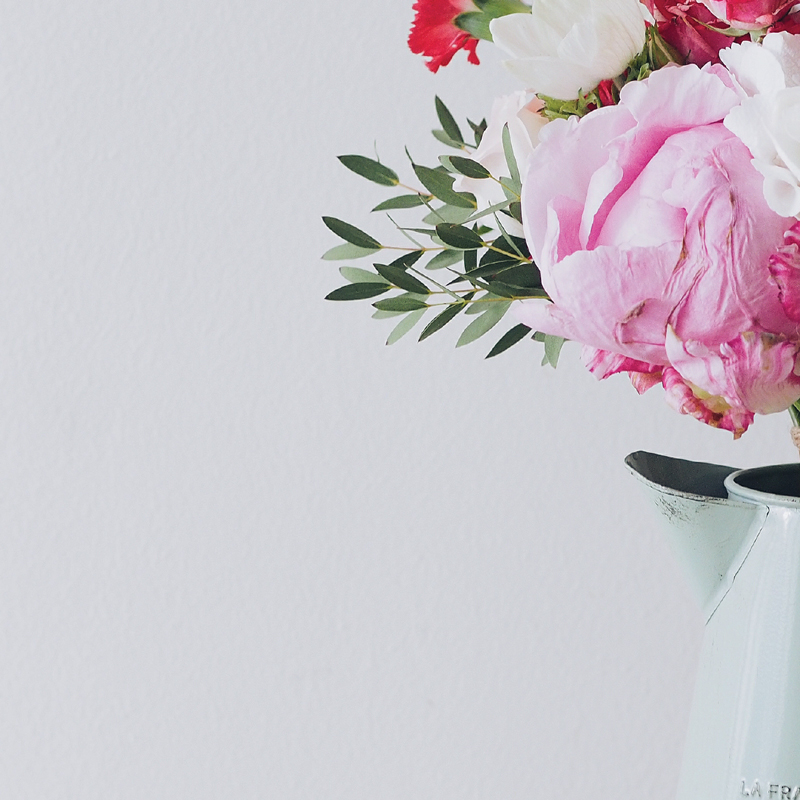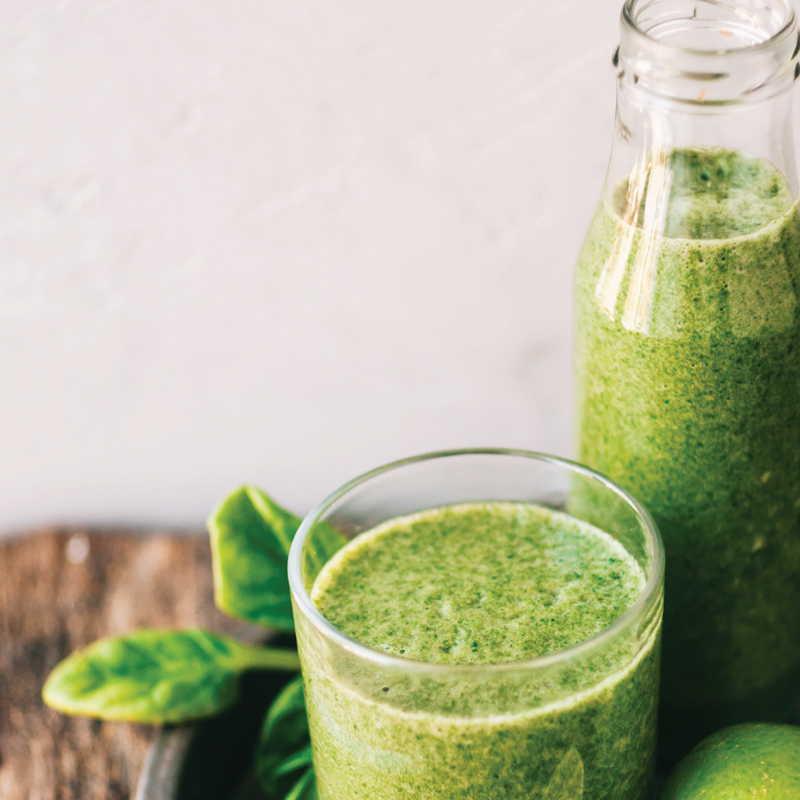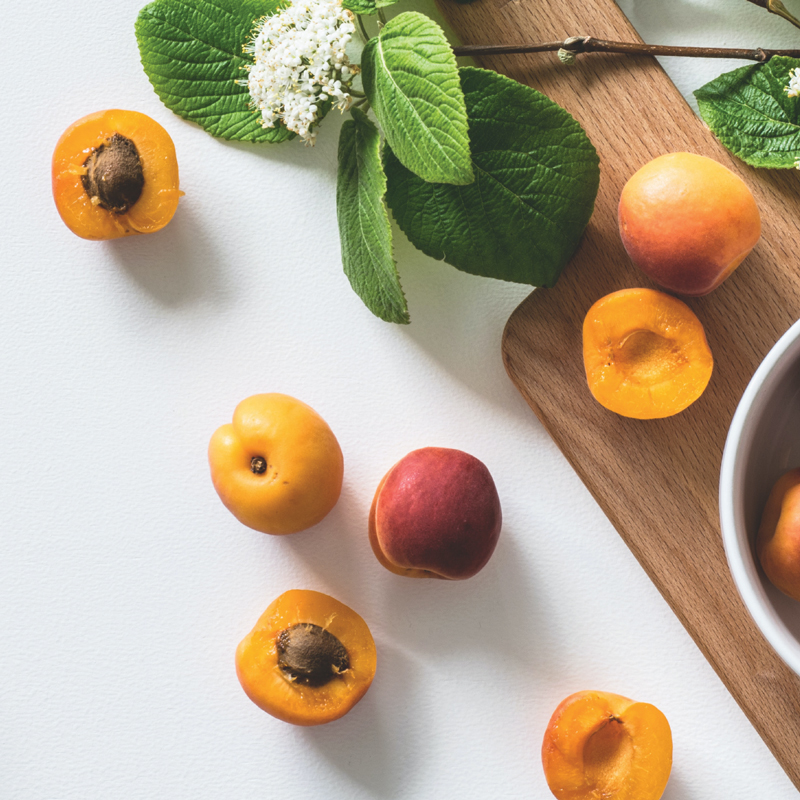
Periods shouldn’t be painful –– it’s a sign you may have endometriosis
Crippling pain and excessive bleeding during your period aren’t normal, but many women believe these symptoms are just part of being a woman.
Endometriosis is a common disease that affects more than 730,000 Australian women, or 1 in 10, at some point in their lives. It’s where the tissue that is similar to the lining of the womb grows outside it in other parts of the body.
Endometriosis is also expensive, costing Australians an estimated $7.7 billion annually — both in direct healthcare costs and in productivity loss.
But because the symptoms have been normalised, it can often go undiagnosed for many years.
So what is Endometriosis, how can you tell if you have it, and what can you do about it?
What is Endometriosis?
Endometriosis is a chronic and often painful condition which occurs when the lining of the uterus — called the endometrium — grows outside the uterus. Commonly, it can be found on the fallopian tubes, ovaries, or the pelvic lining, but it can also spread outside this area in severe cases.
Endometriosis impacts on all aspects of a woman’s life — it’s not just the physical symptoms but also the financial, relationship, emotional and mental health aspects.
How to tell if you have Endo
As I mentioned, the problem with Endometriosis is that the symptoms vary greatly and many of them have been so normalised that women don’t bother seeking help. Even when they do seek help, there have been many stories of women not being taken seriously by doctors.
It’s important to trust your gut — if you experience any of the below symptoms, it’s worth getting checked out. Symptoms include:
-
abdominal pain before and during a period, during sex or when going to the toilet
-
heavy bleeding or irregular periods
-
bleeding between periods
-
bleeding from the bladder or bowel
-
changes in urination or bowel movements
-
fatigue
-
bloating or indigestion
-
infertility
What causes it?
We don’t know the exact cause of endometriosis, but we do know that it can be caused by menstrual blood travelling backwards along the fallopian tubes and into the pelvis. This blood can contain cells from the uterine lining, which can stick onto the surfaces of pelvic organs and start growing.
Other risk factors include:
-
family history — women who have a close relative with endometriosis are up to 10 times more likely to develop the condition
-
long and heavy periods
-
frequent periods
-
starting your period before 11
-
having your first pregnancy when you’re older
-
problems with the immune system
-
low body weight
-
alcohol consumption
Natural remedies for Endometriosis
It’s important to catch endometriosis early to reduce long-term impacts. If you are experiencing painful periods or pelvic pain, it’s important to get a proper diagnosis.
My top tips for natural treatment of Endometriosis:
1. Curcumin — curcumin is the primary active ingredient in turmeric and is known for its anti-inflammatory properties. A 2013 study found that curcumin may inhibit estradiol, a form of estrogen, which can stop the uterus lining growing elsewhere.
2. Omega-3 fatty acids — high-quality fish oil contains omega 3 fatty acids, which have been shown to reduce inflammation. One study found that women who eat diets rich in omega-3 oils are 22% less likely to develop endometriosis.
3. Herbal medicine – this is often used to help suppress oestrogen production and support conditions involving progesterone deficiency (such as endometriosis). One of my favourite herbs is Chaste tree or Vitex.
4. Support the liver — as endometriosis is an oestrogen-dependant condition, the liver needs to be supported in order to clear excess oestrogen. One of the best ways you can support your liver is to reduce the amount of alcohol you drink. Research has found that just two drinks per day can double your oestrogen levels.
5. Stress less — studies have shown that women with advanced endometriosis also had significantly higher levels of cortisol, the stress hormone. Cortisol is also needed to make other hormones like progesterone. Long periods of stress can lead to elevated levels of cortisol and a decrease in the amount of progesterone available, resulting in a hormone imbalance. As well as trying relaxation techniques like meditation, yoga and tai chi, there are many herbs and nutrients you can take to reduce stress. These include ashwagandha, zinc and magnesium.
6. Up your veggie intake — cruciferous vegetables like kale, broccoli, cabbage and Brussel sprouts have been shown to improve oestrogen metabolism, thanks to a compound called indoles. This is great for oestrogen dominant conditions like endometriosis. Aim for two servings a day to help your hormones.
7. Reduce your exposure to toxins — endocrine disrupters can cause further hormone imbalance. It’s important to steer clear of:
-
Bisphenol A (BPA)
-
Parabens
-
Phthalates
-
Pesticides
-
Dioxins
-
PCBS
-
Solvents
-
Formaldehyde
8. Heat — heat is one of the best ways you can relax your pelvic muscles and reduce cramping and pain. Hot water bottles, wheat packs and warm baths are all helpful.
If you think you may be suffering from endometriosis, it’s important to seek help. Book an appointment with a qualified Naturopath today to get an individualised treatment plan.


